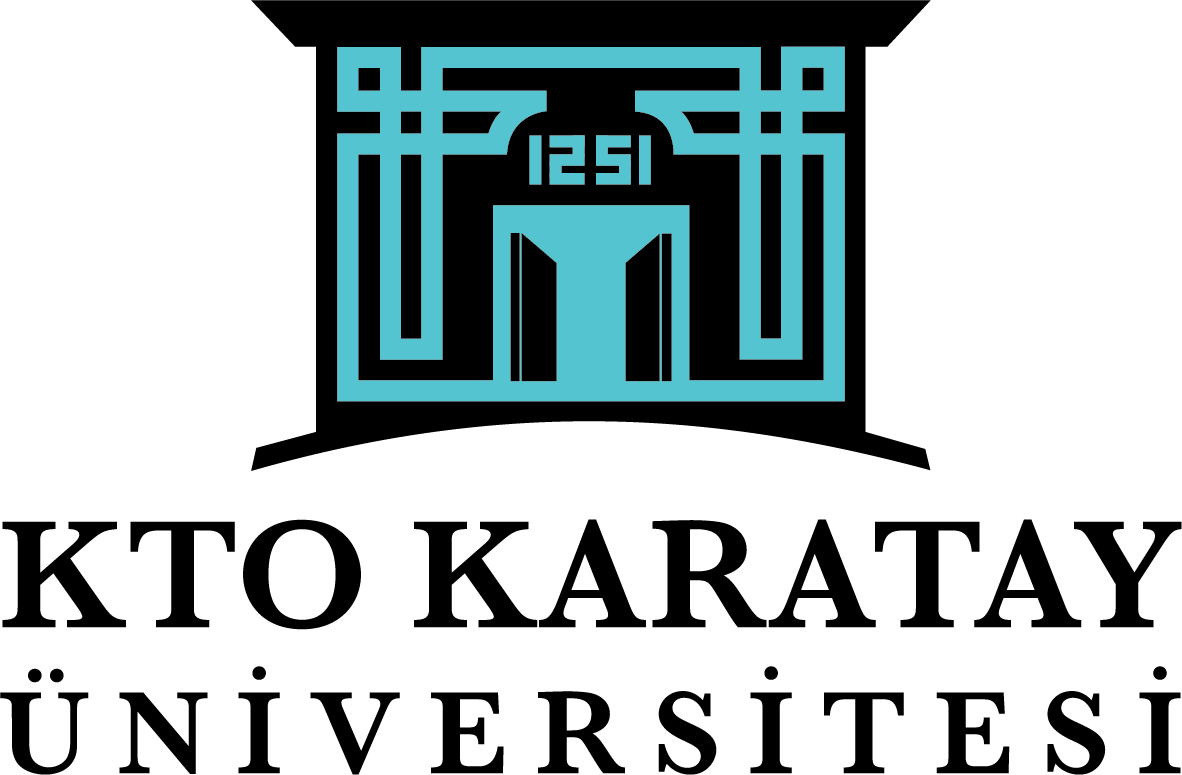| dc.description.abstract | ABCG2 gene encodes a membrane transporter belonging to the ATP-binding cassette (ABC)
superfamily of membrane transporters. It is a 72-kDa protein and it is normally expressed in placental
trophoblast cells and also some other cells, especially epithelial cells. It has been shown that ABCG2
plays a significant role in the absorption, distribution, and elimination of substrates such as xenobiotics
and chemotherapeutics. In this respect, it determines multidrug resistance of cells to some agents
against to cancer. After recognizing the development of resistance to drugs, studies on the use of nondrug
compounds as chemotherapeutics have increased. Thymoquinone is one of these compounds and
it is the main content of Nigella sativa seed oil. The anti-oxidant, anti-inflammatory and anti-cancer
effects of Thymoquinone have been reported. In some studies conducted on breast cancer cell line;
MCF7, it has shown that Thymoquinone decreases the proliferation of these cells. In nomenclature,
one of the names of ABCG2 was breast cancer resistance protein (BCRP). As known, cancer stem
cells also have resistance to chemotherapeutics and the main reason for this issue is unknown. In this
study, we aimed to determine the gene expression levels of ABCG2 gene and stem cell markers such
as Sox2 and Nanog gene after the Thymoquinone administration to determine the effect of
Thymoquinone on cancer stem cells. The effect of Thymoquinone administration on non-tumor cells
determined by calculating the same gene expression in human embryonic kidney cells (HEK293). Our
results showed that Thymoquinone administration increased ABCG2 gene expression significantly
both in MCF7 cells and HEK293 cells. In terms of stem cell markers, we observed a slight increase in
gene expressions of Sox2 and Nanog genes. These results indicate that Thymoquinone may have a
potential role in treatment option in breast cancers. | en_US |















